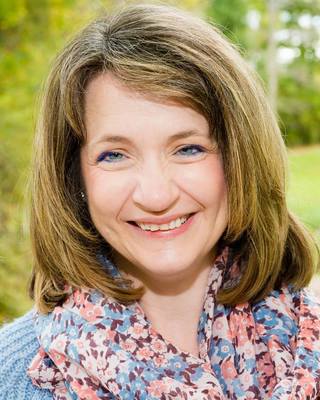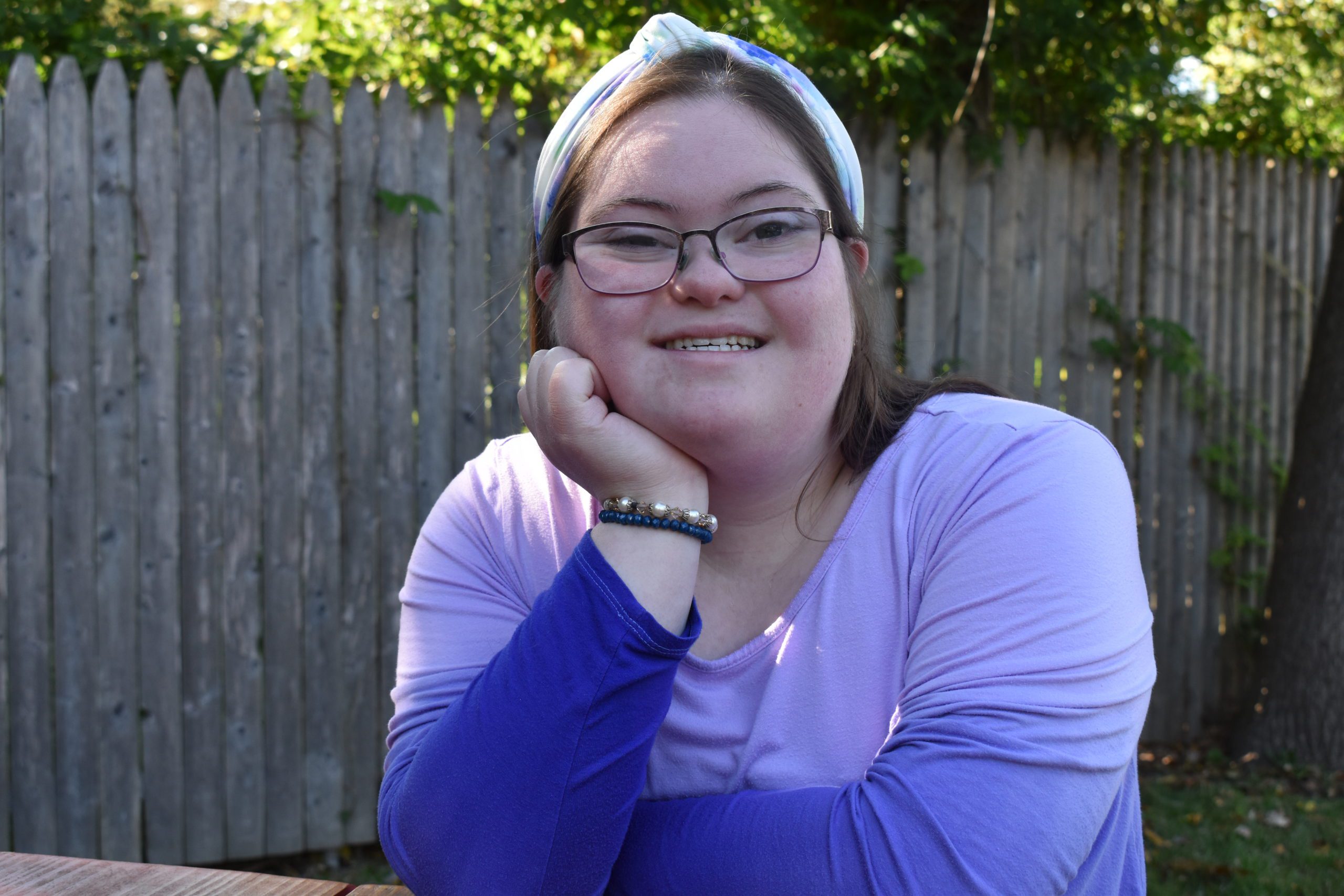I’m sure this is a pretty universal experience when living with a disability.
You enter a room and most of the eyes in the room focus on you. Maybe it’s just a glance. But hey, is that person staring at me?
In my younger years, this made me so uncomfortable. As I got older and began to draw more on my core belief that people are generally good at heart, it dawned on me that others tend to look at people with disabilities out of curiosity.
Often having people stare at you can affect your confidence. You may already feel different because of your disability. That’s natural, and hard, at times.
Your disability, though, will probably always be a part of you. So why not embrace being different and use it for your confidence?
Here are six things to remember that can help build your confidence as a person with a disability:
- People are curious by nature. Chances are your disability ignites curiosity, not malevolence.
- It’s human nature to judge, whether people do it consciously or unconsciously. You cannot control this and to do so, would leave you exhausted.
- When people judge you, place your focus on what you know is true about you. This is the only thing you can control when others are judging you.
- By focusing your attention on your truth, not others’ opinions of you, you’re going to be more centered on your abilities, strengths, and gifts. When you do this, a magical dynamic begins to occur that leads to #5.
- Placing attention on your positive attributes boosts confidence and as your confidence increases, others begin to transform their judgments of you. This is because they pick up on your positivity and good energy.
- Most of all remember, you’re here in this world, in your body, with your mind, possessing the abilities you have, for a reason. The world and every room you enter needs your presence.
For additional information and 10 Affirmations on Confidently living with a Disability, click here.
Kathy’s brief bio

Kathy O’Connell is the Director of Radiant Abilities, which is dedicated to the personal development of people with disabilities. Kathy is also a Licensed Mental Health Counselor with a counseling practice in Syracuse. Working primarily with people with disabilities and their families, she teaches insight, skill development, and empowering beliefs in dating, relationships, and sexuality.

